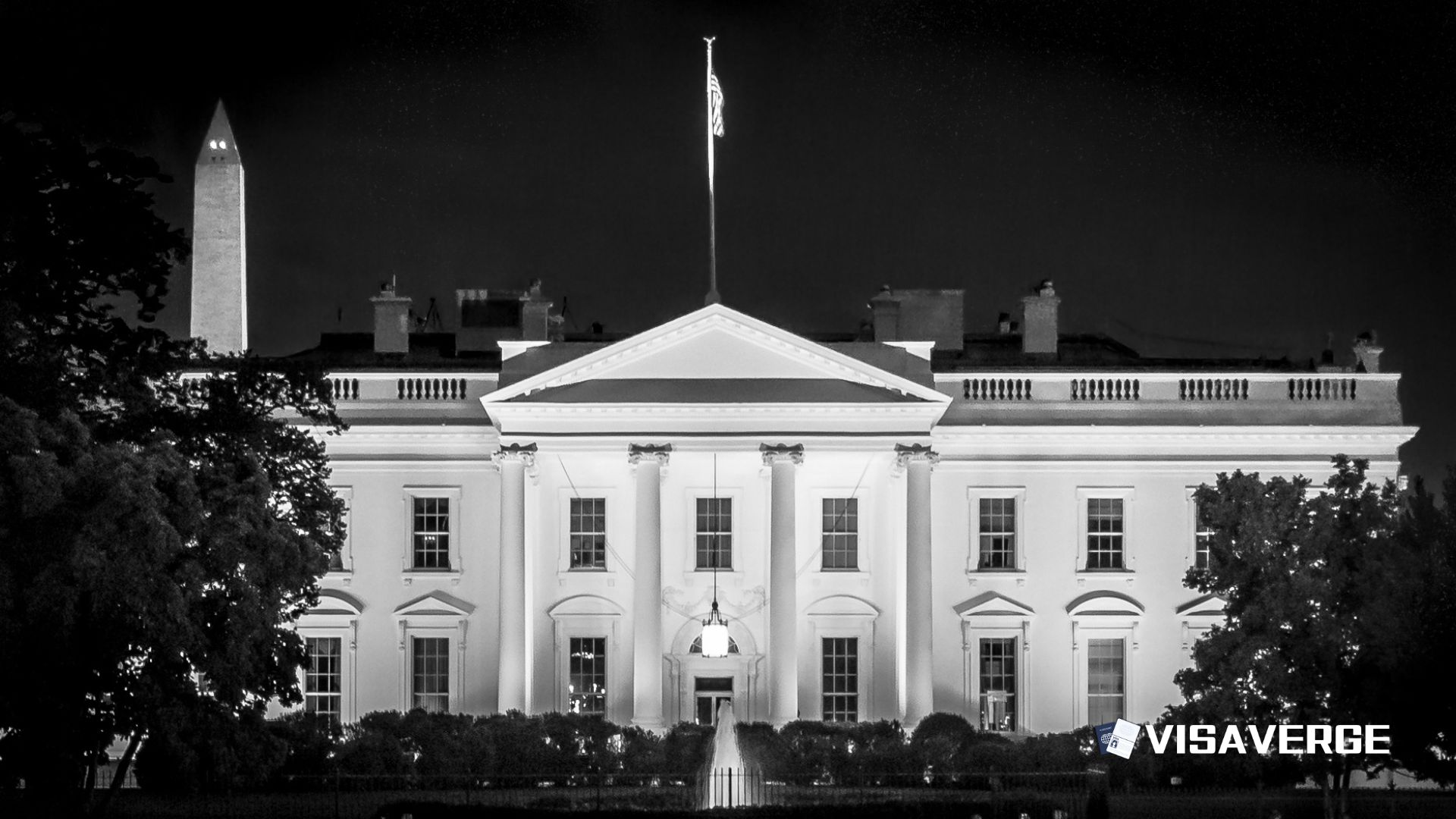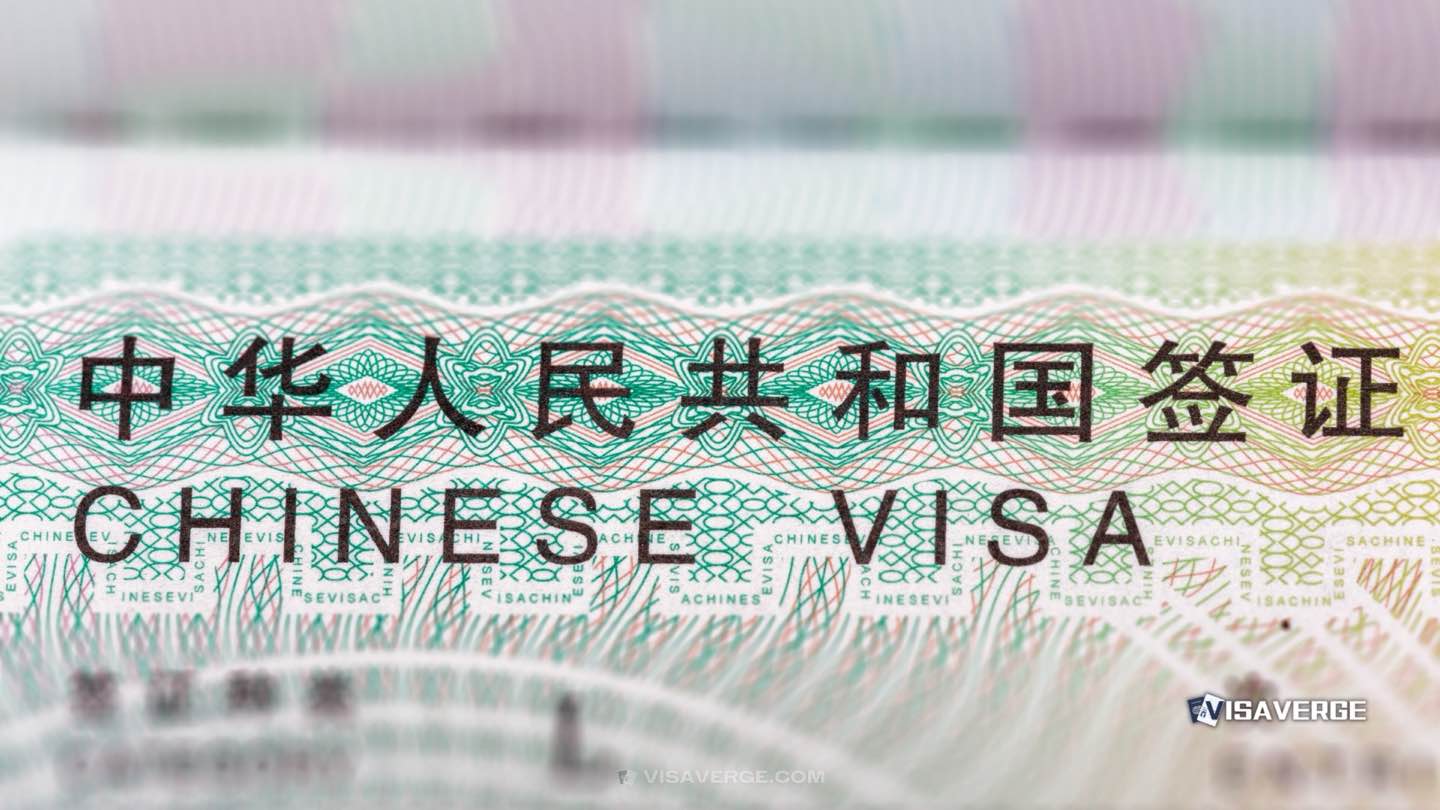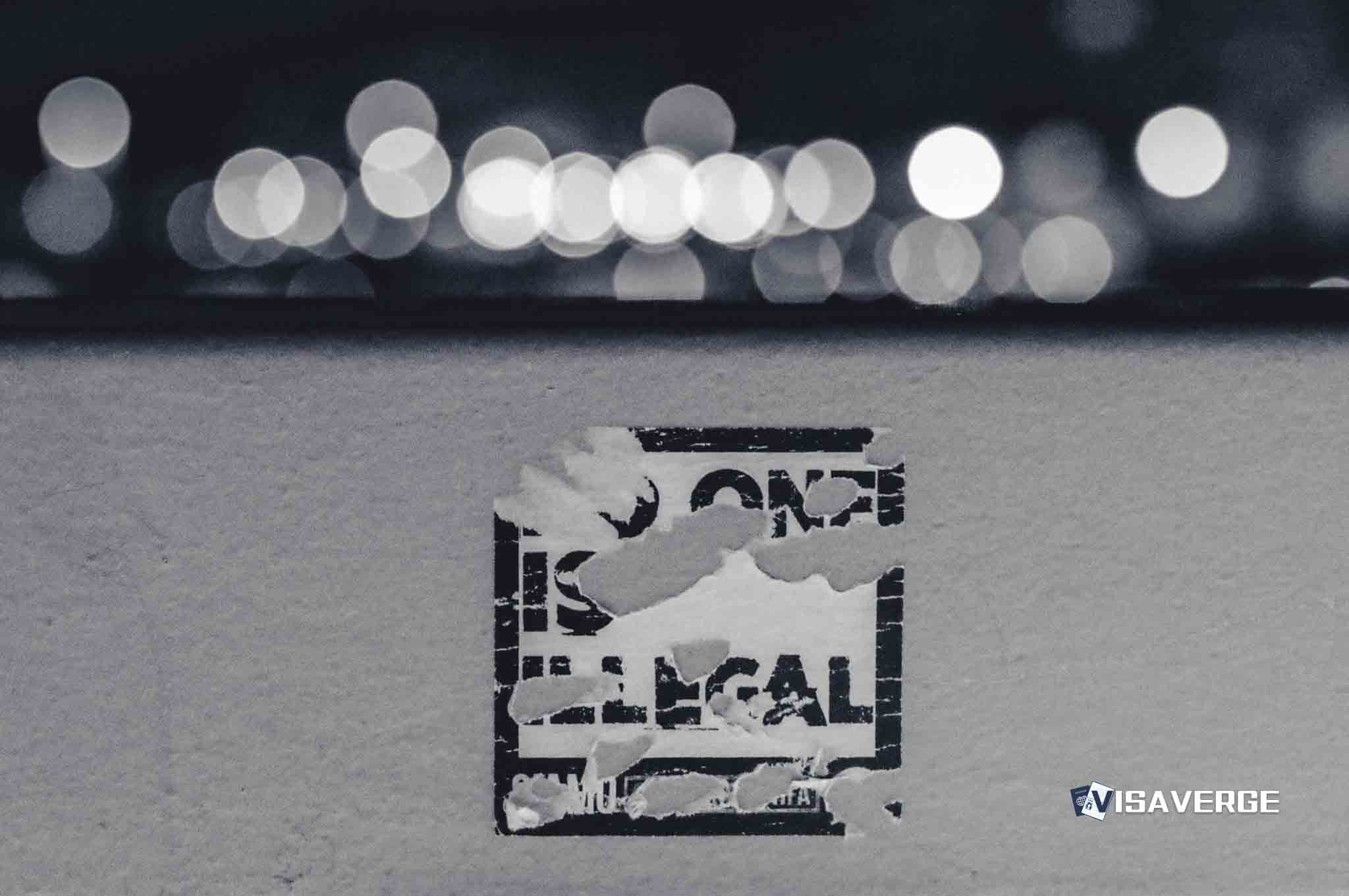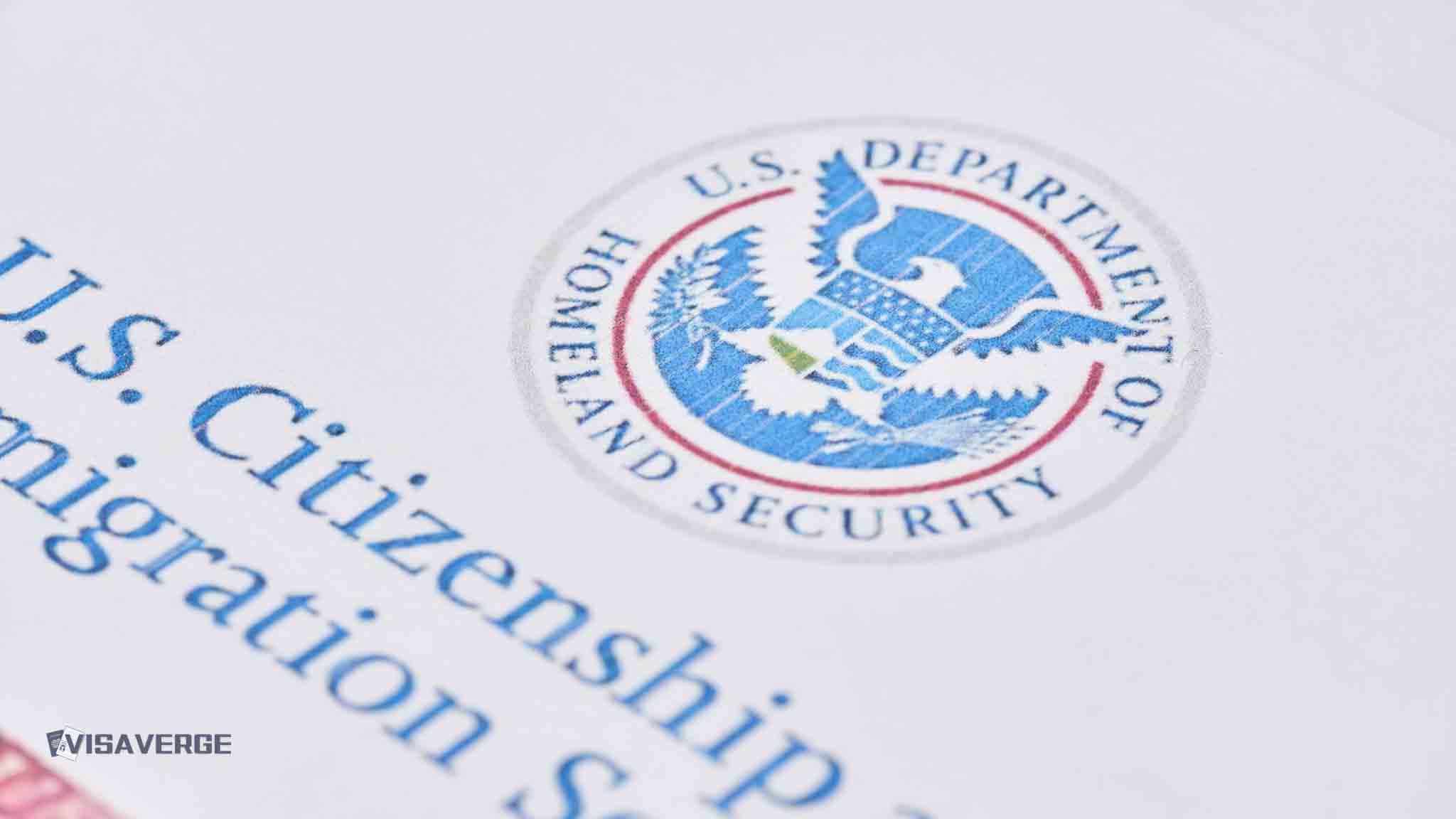Key Takeaways
• Trump deported at least 137 Venezuelans to El Salvador in March 2025 using the Alien Enemies Act of 1798.
• Many deportees lacked a fair hearing, faced CECOT prison torture, and some had no criminal history or only minor offenses.
• U.S. judges, Amnesty International, and advocacy groups condemned the deportations for violating due process and international anti-torture treaties.
In March 2025, the Trump administration made a swift decision that has drawn intense attention from lawyers, human rights groups, and the global community. Using a law from over 200 years ago, the Alien Enemies Act of 1798, the administration quickly deported at least 137 Venezuelans to El Salvador. They claimed these individuals had ties to the Tren de Aragua gang, a group frightening people across Latin America. But reports show many of those deported had never committed serious crimes. Some had no criminal record at all, or only minor offenses like traffic violations. For these Venezuelans, the consequences went far beyond returning home. Many now face serious mistreatment and what lawyers describe as “torture” in one of Central America’s harshest prisons.
Deportation Without Fair Hearings

This sudden move did not give many Venezuelan deportees a fair chance to defend themselves. U.S. law says that even people accused of crimes should get a fair hearing—a process called “due process.” But for those deported in March 2025, many did not get to see a judge, speak with a lawyer, or even have their cases looked at one by one. Some were treated like dangerous criminals simply because of tattoos or other vague clues, not because of solid evidence. In fact, there are stories of people labeled as gang members because of tattoos that actually had nothing to do with gangs—such as a crown over a soccer ball.
Human rights organizations and multiple federal judges criticized the way these removals took place. Decisions were fast, sweeping, and did not follow usual legal rules. Courts reminded the Trump administration that laws and court orders meant to slow or examine these deportations had to be followed. Still, the administration pressed forward, arguing that national security demanded quick action. As reported by VisaVerge.com, this conflict between fast deportations and fair process has opened serious legal questions.
Arrival in El Salvador: CECOT Prison
Once the Venezuelans arrived in El Salvador, another set of troubles began. Instead of being allowed to move freely or return home, these migrants were taken directly to CECOT—the Terrorism Confinement Center. This is not a regular jail. CECOT is a maximum-security prison known for very harsh rules, overcrowded conditions, and frequent criticism from human rights groups.
The welcome was brutal. News outlets, including Time magazine, show that many new arrivals were beaten by guards as soon as they entered the prison. They were forced to shave their heads. This head-shaving was not just for hygiene; it was meant to humiliate and strip away personal dignity. Officials even recorded these acts and shared them publicly, sending a warning to others.
The prison did not only hold those with real connections to crime. In CECOT, people with no criminal backgrounds or only very minor offenses were jailed alongside serious offenders. Many say they were shackled—chained at the arms and legs—while being moved. Some signed papers confessing to crimes they say they did not commit, claiming they did so after being threatened. Most alarming, they could not talk to their families or see a lawyer. Communication stopped the moment they stepped into CECOT.
Women who were deported had similar stories. Many could not be admitted by El Salvador briefly due to paperwork or capacity, but all described being tightly restrained during their journey and threatened by officials. For these Venezuelans, the journey ended not in safety but in fear and confusion.
Claims of Torture and Mistreatment
Lawyers for these Venezuelans say what is happening at CECOT should be described as “torture.” This is not a word to use lightly. In international law, torture means any act that causes severe pain or suffering, whether physical or emotional, often to punish or pressure someone. The legal teams say their clients are victims of many kinds of abuse:
- Physical beatings, especially during arrival and intake
- Forced head shaving, used to embarrass or degrade people
- Keeping people from reaching family and legal help for months
- Locking individuals away with no set release date and no official trial (known as “enforced disappearance”)
- Threatening harm if someone doesn’t sign a confession or agree to harsh treatment
- Psychological abuse, with constant threats and intimidation
- Denial of any chance to argue their case or prove their innocence
International human rights groups have joined these lawyers in speaking out. Amnesty International—one of the world’s most respected human rights organizations—stated clearly that these deportations broke both U.S. law and international agreements that ban torture and cruel treatment. At least some Venezuelans were sent away despite already winning protection under the United Nations Convention Against Torture, a treaty the United States 🇺🇸 and many other countries have promised to follow.
RFK Human Rights, another leading group, said the expulsions violated both the U.S. Constitution and the basic standards of good treatment set by the world community. They called out the Trump administration for sending people somewhere they could face torture, especially without a real review of their individual risks.
Judges Push Back—But With Limits
American courts did not stay silent during this crisis. Different federal judges stopped some deportations, warning that skipping proper procedures could put lives at risk. One judge wrote plainly that if the removals continued without enough checks, some Venezuelans would likely face persecution, torture, or even death.
Despite these warnings, the Trump administration kept pushing, sometimes sending people away through different countries—choosing El Salvador over direct returns to Venezuela 🇻🇪. But the courts said this was not allowed either. Every individual, no matter the country, must have their case reviewed. Risking torture is not a decision that one person or the government alone can make.
The Supreme Court stepped in to place a temporary freeze on some aspects of the removals. This gave short-term relief, saying that there had to be notice and a chance for habeas review—a legal hearing that tests if someone is being wrongfully held or sent away. Still, some removals continued, as the Supreme Court permitted limited continuation under certain rules.
The Legal Gaps and International Impact
One reason this situation has become such a global concern is the way it challenges both U.S. and international law. In the United States 🇺🇸, the idea of due process is deeply rooted. Every person—regardless of their country of origin or if they are accused of being dangerous—should be treated fairly before the law acts against them.
Internationally, agreements like the Convention Against Torture aim to prevent countries from sending anyone back to a place where they might face suffering, violence, or death. Laws and treaties like these are not just technical rules—they are promises to protect basic human rights.
What happened to these Venezuelans under President Trump’s order points to problems that can happen when speed and security are put above basic legal safeguards. Even well-meaning efforts to fight crime or gangs can cause great harm if they sweep up innocent people or ignore the facts of each person’s case.
How Deportees Were Identified—and the Risks
A key detail in this story is the way many Venezuelans were chosen for deportation. Authorities often used tattoos, social media photos, and other surface-level signs rather than solid proof of crime. This led to mistakes. For example, people with tattoos honoring family members, sports teams, or personal beliefs were sometimes called gang members with no real proof.
Because the process was so fast, mistakes could not be corrected. Once someone was identified, there was little to stop their removal. Many families are still searching for information about loved ones taken this way, as communication with detainees remains very limited.
Human Impact: Stories the Numbers Do Not Show
Behind the legal arguments and numbers, the human cost is clear. Venezuelans taken from the United States 🇺🇸 under Trump’s order lost their chance to make a case for protection. When they arrived in El Salvador, they found themselves in a system designed for punishment, not safety.
Some never saw a judge. Some were beaten, shamed, and locked away with little hope of release. Families have gone months without news, not knowing where or how their loved ones are. Lawyers continue to struggle for contact even as new rules make it harder to reach clients.
The biggest tragedy is for those who had already been granted protection—often because of the risk of torture in their home country—but were still sent away because paperwork had not caught up to their case, or because fast decisions discounted their real fears.
What Happens Next? Ongoing Legal Challenges
The courts are still working through many of these cases. Lawsuits continue to ask whether the deportations under President Trump were legal or broke rules of fairness. Judges must decide if the government’s interest in fighting crime can ever outweigh its promise not to send someone into danger.
In the meantime, many deported Venezuelans remain in CECOT prison, facing conditions that courts and rights groups regularly call acts of torture. Legal teams have asked that any further removals be stopped until each person’s real risk can be carefully checked. Some judges have agreed, while others are waiting for more information or guidance from higher courts.
International watchdogs, including Amnesty International, have made their concerns public. They point out that the United States 🇺🇸 should not only follow its own laws but also honor the treaties and agreements made with the world.
The Broader Message
The story of Venezuelans deported by Trump and the claims of torture in El Salvador is more than a legal battle or a fight over immigration rules. It highlights the danger when fast decisions—made in the name of security—remove people’s ability to stand before a judge or explain their side.
It also reminds us that being labeled a criminal, especially based on how one looks or where one comes from, can lead to dangerous mistakes. Many of those sent away under these actions were not part of gangs, had not committed serious crimes, and now face a future marked by violence and fear.
As governments and courts continue to wrestle with these questions, families and individuals affected by these removals remain trapped—sometimes literally—waiting for justice and safety.
Where to Learn More and Take Action
For readers who want to understand how immigration laws work, or who wish to learn about protections against torture and unfair treatment, helpful information can be found at the U.S. Citizenship and Immigration Services official website.
This site offers direct links to forms and resources for those seeking protection or wishing to appeal a removal order. It also explains the rules that guide the government’s decisions and the rights every person in the immigration system holds.
Conclusion
The sudden deportation of Venezuelans by President Trump under old war powers has shaken both legal experts and families. While the goal was to fight crime and protect national security, the lack of fair hearings and the harsh treatment in El Salvador’s CECOT prison have led to serious allegations of torture and human rights abuses. Lawyers, judges, and advocacy groups all agree that protecting society and stopping gangs is important, but not at the cost of basic legal rights.
As the courts and public watch what happens next, these cases serve as a test of America’s promises to treat all people with dignity and fairness, no matter where they come from. The debate is not just about the law, but about how we treat those who are most at risk.
If you have concerns about these issues or know someone in need of help, it’s important to seek information from official sources and qualified legal professionals. Immigration matters are complex, but access to a safe hearing and protection from torture is a right every person deserves.
Learn Today
Alien Enemies Act → A U.S. law from 1798 allowing the government to deport or detain nationals of enemy countries during war.
Tren de Aragua → A Venezuelan criminal gang with influence across Latin America, blamed for various serious crimes and violence.
Due Process → A legal right ensuring fair treatment, including hearings and defense opportunities, before depriving someone of liberty or property.
CECOT Prison → El Salvador’s Terrorism Confinement Center, a maximum-security facility notorious for harsh, overcrowded, and abusive conditions.
Habeas Review → A court-ordered examination to determine if a person’s imprisonment or detention is lawful and justified.
This Article in a Nutshell
In 2025, the Trump administration deported 137 Venezuelans to El Salvador, many without serious offenses, using an old war law. Most were sent without proper hearings and now endure alleged torture in CECOT prison. Judges and human rights groups highlight violations of due process and international anti-torture obligations.
— By VisaVerge.com
Read more:
• Migrant Mother Has Charges Dismissed, Still Faces Deportation
• Judge Slams Trump Administration for Wrong Deportation
• New York faces federal cuts to legal aid for immigrants facing deportation
• Windrush generation man to return to UK after wrongful deportation
• Dairy Farms Face Chaos Under Trump’s Deportation Threat













